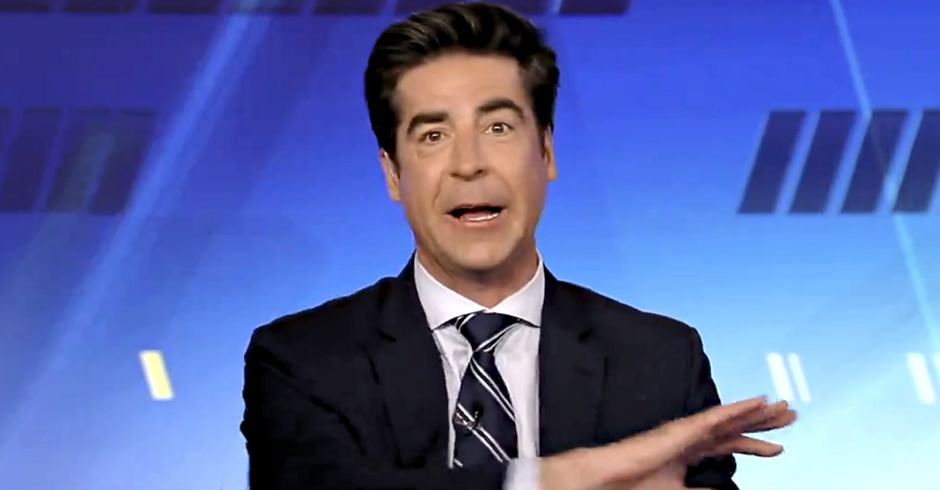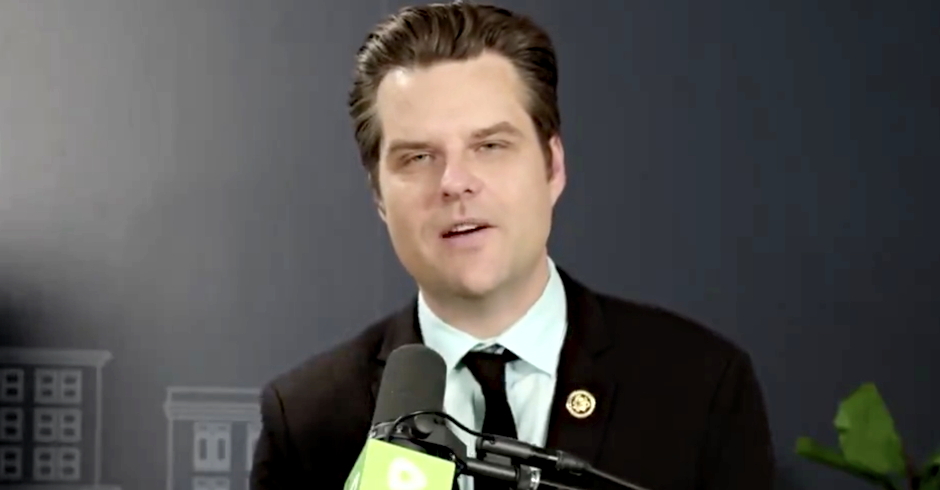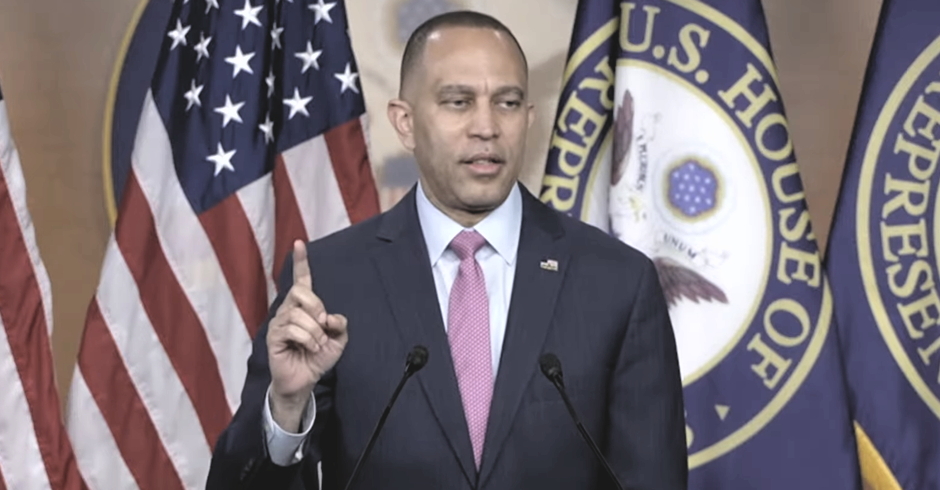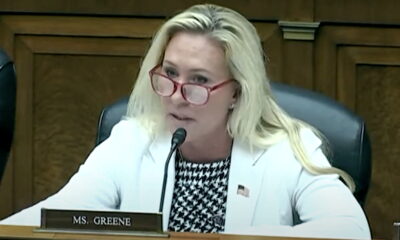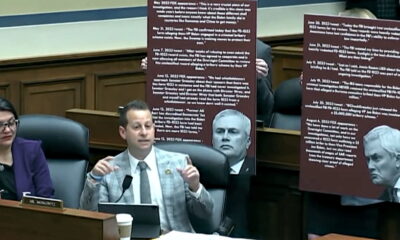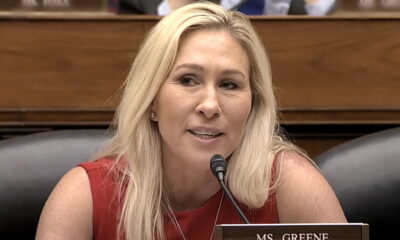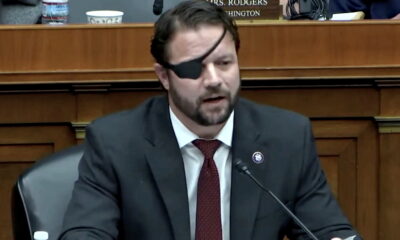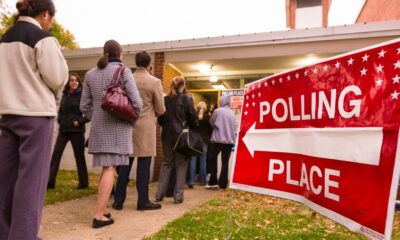Big Marriage Defeat Looms In 2014 (Parts 4 And 5)
var addthis_config = {“data_track_addressbar”:true};Parts 4 & 5 in a 7-part investigative series
Republican political operatives are about to give anti-LGBT hate groups just what they crave: a lopsided defeat for gay rights in the deepest South. NCRM’s 7-part investigative series reveals how progress toward marriage equality in other states is threatened by current events in Florida.
- Part 1 – LGBT Groups Oppose Equal Marriage Campaign
- Part 2 – Leaders Retreat
- Part 3 – Counts for Workers, Signatures, and Dollars
- Part 4 – Party Plans
- Part 5 – Haters Wait With Bated Breath
- Part 6 – Promising the Impossible
- Part 7 – Prognosis
Part 4 of 7:Â Party Plans
If EMFL’s campaign fails, that will advance two Republican Party goals: (1) blocking the spread of marriage equality; and (2) attempting to repeal it wherever it exists.
When the first same-gender couples married in 2004, the GOP launched efforts to ban and repeal same-gender civil marriage, everywhere, forever, via the U.S. Constitution, as written on page 10 of the latest Republican Party Platform. The prior platform said  — with no proof whatsoever — that being raised by two lesbian mothers makes children more likely to become criminals, drop-outs, violent, pregnant, and/or poor.
When the Republican Party wants to run a stealth campaign, it often calls GOP strategist Tim Mooney.
When Utah banned same-gender civil marriage in 2004, it was Tim Mooney who ran that campaign. After ten years of discrimination, Mooney’s ban was found unconstitutional by a U.S. district court in late 2013, and for 18 days, Utah’s same-gender couples were marrying, until the ruling was stayed pending an appeal. Also in 2004, Mooney put Ralph Nader on the presidential ballot in several states, which helped put Republican George Bush in the White House because some of Democrat John Kerry’s voters then switched to Nader. In 2010, Mooney helped elect Republican Rick Perry as governor of Texas by secretly launching a separate, stealth campaign to split liberal votes between a Democratic candidate and a Green Party candidate, which then left Perry with more votes than either of his other two opponents.
On 9 May 2013, around the time that Mooney helped launch EMFL, he spoke at a “Latinos & Conservatism†conference in Las Vegas, where he represented the Faith & Freedom Coalition, an anti-LGBT group where the mission includes repealing and banning marriage nationwide.
In June 2013, Mooney helped launch twin marriage campaigns: EMFL (Equal Marriage Florida) in the east, and EMAZ (Equal Marriage Arizona) in the west. Both met with similar suspicion and resistance from the LGBT community. Two months after he launched EMAZ, its leaders closed the doors. Seven months after he launched EMFL, its leaders refused to itemize their progress or plans for this article.
In August 2013, Mooney admitted that he was working as a political consultant to marriage equality campaigns — but that he was doing so in order to benefit the Republican Party. Mooney excused his marriage equality consulting work to fellow conservatives by calling it “the most effective strategy for the future of the GOP†— the party that’s still working to ban and repeal same-gender marriages nationwide. Like Brito, Gray, and other EMFL leaders, Mooney did not respond to multiple e-mail and phone requests to be interviewed for this article.
On 17 December, Vanessa Brito wrote and recommended contacting Ron Nielson at Our America Initiative, the conservative Libertarian political organization that backs EMFL, and that is named on every EMFL Web page as “Sponsor.â€Â But it appears that she didn’t want anyone to reach him at all, because she misspelled his name as “Nielsen†and gave a fake, non-existent e-mail address of RTNielsen@NSOinfo.com. Tracking down the real Ron Nielson was revealing: he did not want to be quoted anywhere, and would not speak on the record.
Brito’s refusal to answer interview questions, Gray’s refusal to correct the previously published numbers, Mooney’s failure to return inquiries, and Nielson’s refusal to be quoted are all very odd for a statewide campaign in which every signature and every vote matters, and for which any publicity is helpful. But refusing to talk is not surprising, according to Professor Andrew Koppelman, instructor in law and political science at Northwestern University, who says that not returning reporters’ inquiries is “one of the basic rules of any stealth organization.â€
Tim Mooney isn’t the only person associated with EMFL who worked to defeat marriage equality. EMFL Chairperson/Treasurer Vanessa Brito did, too. She was the Project Manager & Media Expert for the Hispanic Leadership Fund, a conservative group, where she worked trying to get Mitt Romney elected President of the United States. During that campaign, Romney publicly signed a written vow to outlaw, repeal, and ban same-gender marriages via the U.S. Constitution. He was defeated in November 2012. Seven months later, Brito appointed herself as Chairperson and Treasurer of Equal Marriage Florida.
The only EMFL representative willing to speak on the record is Communications Specialist Joe Hunter from Our America Initiative, which backs EMFL, and is named on every EMFL Web page as “Sponsor.â€Â Hunter believes that EMFL has made some progress, yet when asked for current figures on staffing, signatures, or fund-raising, he replied, “I really couldn’t answer; I simply don’t know.â€
Part 5 of 7:Â Haters Wait with Bated Breath
By the 1 February deadline shown on its Web site, EMFL either will succeed at putting the marriage question on Florida’s ballot, or else will fail to put it on the ballot. All indications are that EMFL will fail. If the November claim of only 200,000 signatures is accurate, then the remaining 800,000 signatures can’t be collected by the deadline, because there are only three remaining part-time, unpaid district co-chairs who still show working e-mail addresses (no co-chairs show any phone numbers), and each of those three people would have to collect 266,667 more signatures.
That unachievable goal has anti-LGBT hate groups salivating. As soon as the 1 February deadline is missed, they can start bragging that they just defeated another marriage equality campaign, without lifting a finger.
For LGBT activists, though, staying off the Florida ballot is far safer than getting on it. If marriage equality appears on either a 2014 or a 2016 ballot, anti-LGBT hate groups nationwide will unleash their usual dragons, fueled and funded by Mormon churchgoers, Catholic bishops, evangelical Dominionists, and NOM’s tiny handful of wealthy, secret donors. Those groups flooded over $40 million into California’s Proposition 8 battle only 6 years ago, and they’re just itching to repeat themselves. Florida would make a great showcase for an encore performance.
Meanwhile, EMFL filed Florida campaign finance reports showing that it has collected none of the $6 million that it promised to raise. To make matters worse, $6 million is probably inadequate. Brito sells campaign services, marked up to give herself a profit, so her estimated budget is probably too small to: (a) change cultural attitudes, (b) saturate Florida’s ten media markets, and (c) fight wealthy Mormon and Catholic bishops (whose funds for oppressing LGBT people appear relatively unlimited).
In 2008, although the LGBT community raised $4.3 million to fight Florida’s constitutional marriage ban, anti-equality forces raised only $1.6 million, and yet they won by a 24% landslide. In Oregon, where the population is about one-fifth of Florida’s, campaign leaders have budgeted $10-12 million, and in Georgia, with half the population of Florida, Georgia
Equality leaders also expect to spend $10 million. All these data point to two realities for EMFL: changing cultural attitudes is the critical goal, and EMFL’s $6 million budget is too small to achieve that goal.
Six years ago, Floridians voted, 62% to 38%, against equality. To reverse that to at least 60% to 40% favoring equality (the minimum needed to pass), any campaign would have to focus resources on changing votes. Among Florida’s 16 million potential voters, the most labor-intensive are the 7 million who are all over age 50, mostly Republican, and who stridently want to keep the current marriage ban. Collecting signatures is pointless unless EMFL also persuades nearly 2 million citizens to switch their vote from anti-equality to pro-equality.
Asked how those voters will get converted, OAI spokesman and EMFL Sponsor Joe Hunter says he doesn’t think it’s necessary to change cultural attitudes, and EMFL doesn’t plan to work on that. “It is close enough. We don’t have to change a whole bunch of minds. There are enough people in Florida who are sympathetic to marriage equality to pass it; the challenge is making sure they go vote,†he said. When asked how OAI and EMFL can be so sure of victory, Hunter replied, “We have done our own polling, and the conclusion is it is not a slam dunk, but we’re certainly in a position to get there.â€
Neither OAI nor EMFL is willing to release any of their private poll results, and when asked which public polls convinced OAI to sponsor EMFL, Hunter could not immediately identify any.
Three days later, he did point to three surveys from a newspaper, a university, and a surveyor, but none of those polls suggested that at least 60% of the voters would agree to alter the state constitution. In October 2012, when the Washington Post asked 1,107 adult registered Florida voters whether same-gender couples should be able to marry, 54% said yes, 33% said no, and 13% had no opinion. In December 2012, when Quinnipiac University asked 1,261 registered Florida voters the same question, only 43% said yes, and every age group 30 and older fell far short of the critical 60% minimum. In August 2013, when St. Pete Polls asked 3,034 registered Florida voters (demographically balanced by district, party, race, and age) the same question, only 46% said yes, 47% said no, 7% were unsure, and no age group had the required 60% minimum.
Vanessa Brito says she earned a Ph.D. in Political Science from Florida International University, a curriculum which should have taught her about the need to persuade critical demographic groups. Apparently it didn’t. Rather than concentrate on the anti-equality voters, she is focusing instead on Libertarians, moderate Republicans, and the least important group of all: younger voters, “the people in their 30s, the voters in their 30s†as she told the Miami Herald last June. The signatures of 30-somethings might put equal marriage on the ballot and win that battle, but ignoring their 7 million Republican parents and grandparents will also defeat equality at the polls, and thus lose the whole war.
In this populous, media-centric state, that’s a defeat which conservatives will crow about for years — and which will help raise more anti-LGBT cash — to the detriment of marriage rights everywhere else.
If EMFL gets the marriage equality question onto any ballot, Floridians — not to mention the rest of the nation — will then suffer through another bitter, vicious campaign in which billboards and broadcasts call LGBT people defective, deviant, depraved, and demonically possessed. While that campaign rages in this southernmost state, teenagers who are LGBT or who have same-gender parents are likely to be brutalized, and children from all age groups will be victims of the prejudice for which America’s deep-south theocrats are so famous.
Either way, EMFL now is poised to hand the anti-LGBT forces exactly what they want: a wide victory, in an election year, in a big state. That victory will come either via EMFL’s failure to collect enough petition signatures, or else via a Proposition-8-style media battle — in which opponents relentlessly advertise that LGBT individuals, couples, and their children don’t even deserve basic human rights — followed by a defeat at the polls.
Tomorrow in this investigative series: Part 6 – Promising the Impossible, and Part 7 – Prognosis.
 Ned Flaherty is an LGBT activist currently focused on civil marriage equality, and previously on Don’t Ask, Don’t Tell repeal. He writes from Boston, Massachusetts, where America’s first same-gender civil marriages began in 2004. He suffered a childhood exposure to Roman Catholic pomp and circumstance, but the spell never took, and he recovered.
Ned Flaherty is an LGBT activist currently focused on civil marriage equality, and previously on Don’t Ask, Don’t Tell repeal. He writes from Boston, Massachusetts, where America’s first same-gender civil marriages began in 2004. He suffered a childhood exposure to Roman Catholic pomp and circumstance, but the spell never took, and he recovered.

Enjoy this piece?
… then let us make a small request. The New Civil Rights Movement depends on readers like you to meet our ongoing expenses and continue producing quality progressive journalism. Three Silicon Valley giants consume 70 percent of all online advertising dollars, so we need your help to continue doing what we do.
NCRM is independent. You won’t find mainstream media bias here. From unflinching coverage of religious extremism, to spotlighting efforts to roll back our rights, NCRM continues to speak truth to power. America needs independent voices like NCRM to be sure no one is forgotten.
Every reader contribution, whatever the amount, makes a tremendous difference. Help ensure NCRM remains independent long into the future. Support progressive journalism with a one-time contribution to NCRM, or click here to become a subscriber. Thank you. Click here to donate by check.
 |
